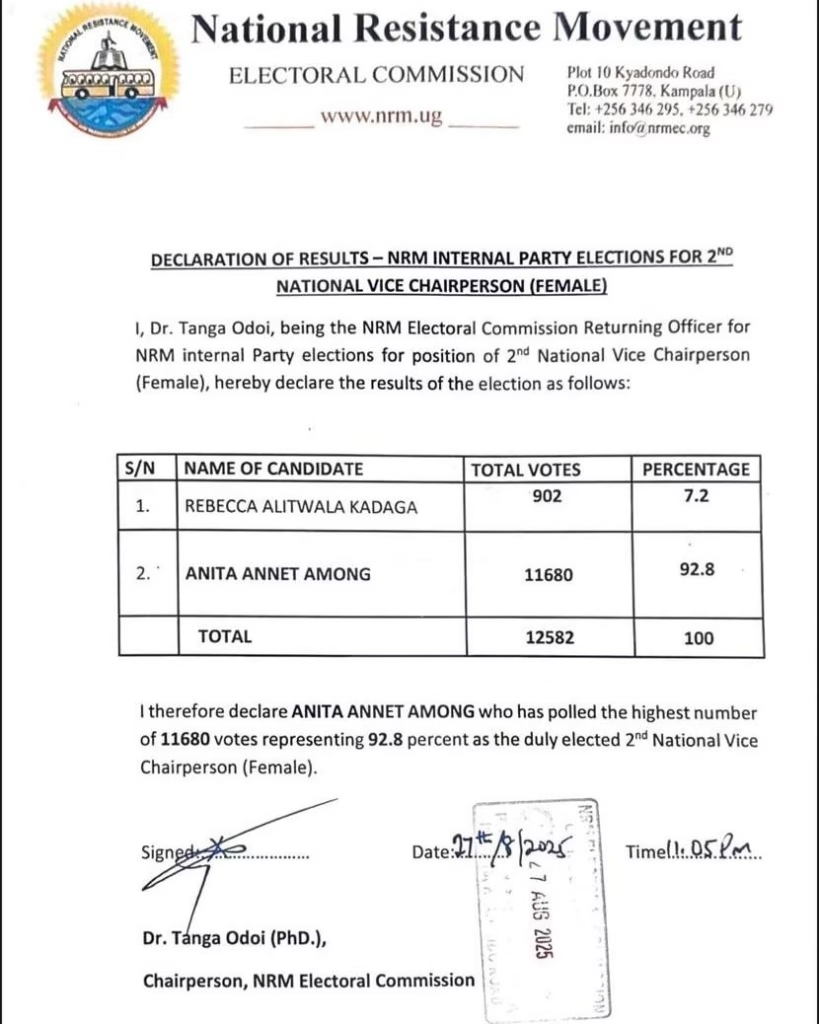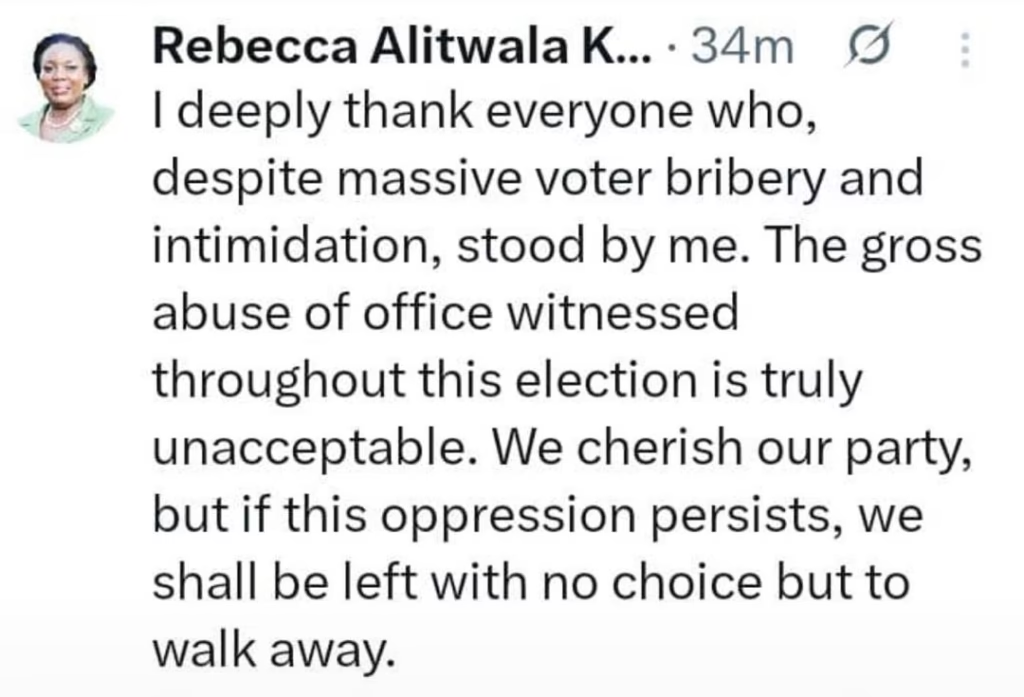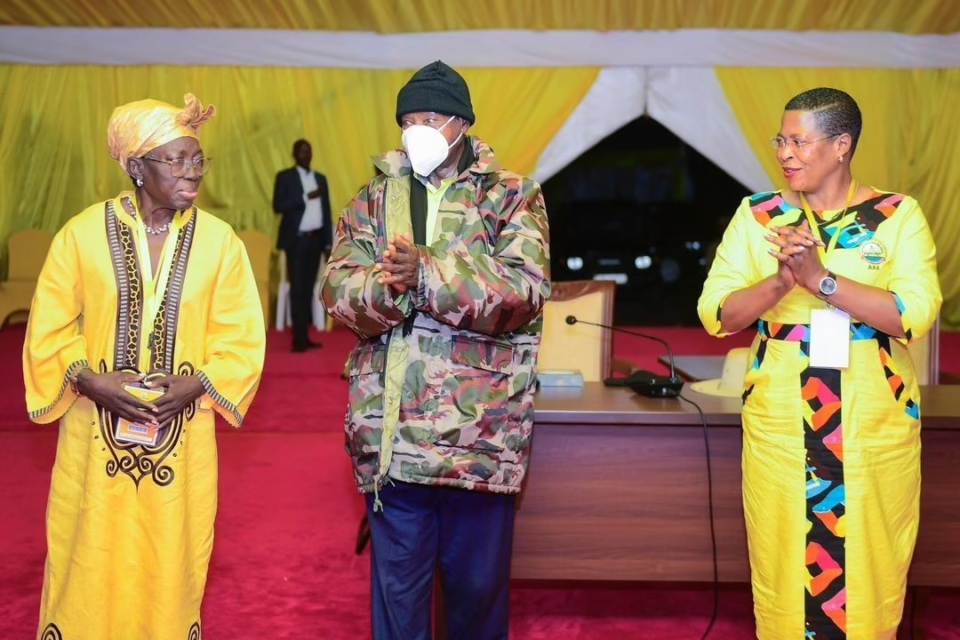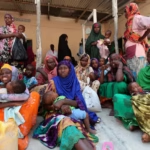Uganda now stands at the edge of history’s sharp cliff. After nearly four decades of dominance under the National Resistance Movement (NRM), the country is witnessing a slow, seismic shift. The movement, once heralded as the dawn of stability and progress after years of chaos, has become inseparable from one man: President Yoweri Kaguta Museveni. For so long has he held the reins that the NRM itself feels like his shadow—its identity tethered to his legacy, its future uncertain without him.
But winds of change are gathering. Not whispers, but howling gusts. And in their path, even the “historicals”—those revered veterans of the bush war who once stood as living symbols of sacrifice—find themselves vulnerable. Their age, their service, their storied pasts now seem like relics to a population hungry for something else—something new.

The tragedy of the current political climate is written in bold letters: the politics of ideas is dying. What remains in its place is a scramble—of survival, of money, of gifts exchanged for loyalty, and of shallow debates staged on the noisy theatre of social media. The politics of vision has been traded for transactionalism.
Uganda’s youth, now the vast majority of its population, are not moved by tales from Luweero. They do not eat nostalgia. They are educated, restless, connected to the world—and angry. They want opportunities, not lectures. Jobs, not slogans. Their disillusionment is not with the idea of the NRM alone, but with a political elite that speaks of sacrifice yet delivers scarcity.
This generational reckoning was on full display when Rt. Hon. Anita Annette Among unseated the formidable Rt. Hon. Rebecca Kadaga. It was a moment many dismissed as political maneuvering—but in truth, it was a parable written in real time at Kololo. Even giants can be felled by the weight of time. Vox populi, vox Dei—the voice of the people is the voice of God.

Now, a storm cloud looms over the once-mighty party: Who is the next historical to fall? Will it be another minister-for-life who failed to read the signs? Another MP whose war stories no longer inspire, but irritate?
Worse still, can the NRM survive its growing irrelevance in Buganda and Busoga, regions that once delivered decisive victories but are now slipping from its grasp? The losses in urban centers, the boos at public rallies, the passive resistance of youth—these are not accidents. They are alarms.
And even the so-called “master of buttons”—President Museveni himself—may soon find that some buttons, no matter how forcefully pressed, will no longer respond. What worked in 2006 no longer persuades in 2025.
Uganda is at a crossroads. One tree has fallen, and many more stand weakened. The forest is not eternal.
This moment, sharp and urgent, demands something more than resilience. It demands reinvention. Not just of the NRM, but of the entire national political imagination.



